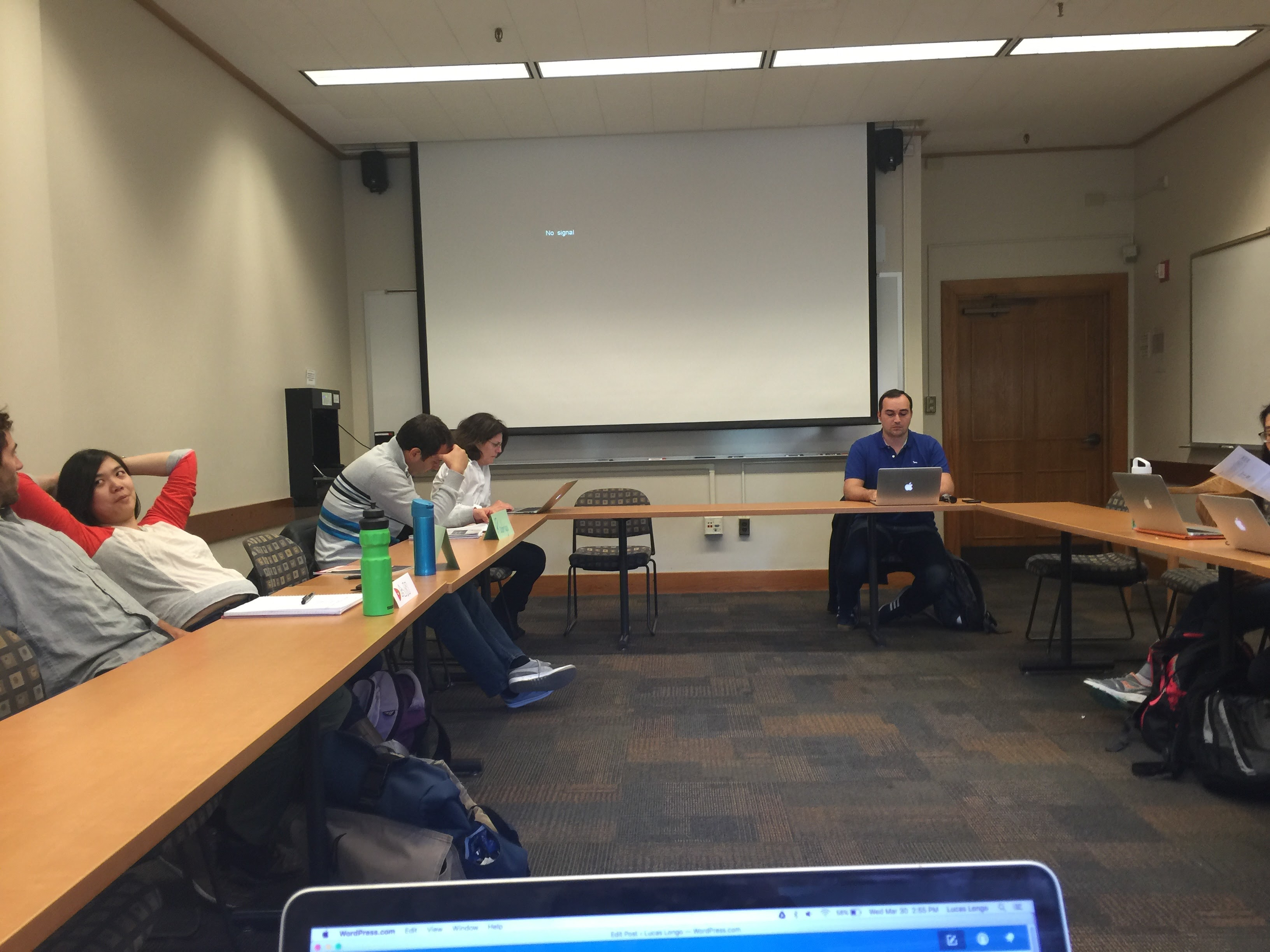Readings:
- Ambrose, S. A., Bridges, M. W., DiPietro, M., Lovett, M. C., & Norman, M. K. (2010). How learning works: Seven research-based principles for smart teaching. John Wiley & Sons.
- Nathan, M. J., & Wagner Alibali, M. (2010). Learning sciences. Wiley Interdisciplinary Reviews: Cognitive Science, 1(3), 329-345.
Summary:
I was very pleased to learn more about what Learning Sciences are. It is a profoundly interdisciplinary field and vast in reach that seem to strive for a culmination of several theories, research methods, design approaches, and implementation strategies. The readings provided me with a cognitively cohesive way of looking at all that I am learning over these past two quarters at LDT. The field proposes to look at both the macro and the micro, providing a common thread and a more holistic approach to education.
Furthermore, the shift in focus of the definition of learning from something a teacher does to a student towards something that the learner does themselves, provides a new lens to both research questions, design approaches, and instructional strategies. If the field could come up with a truly generalizable framework that would help teachers share knowledge, it could benefit the society as a whole. If we are able to understand how to better share knowledge, everyone can potentially become a teacher or a knowledge disseminator. The technology is available, but are the methods aligned with our society’s new way of communicating and interacting with each other?
Finally, the biggest takeaway from the readings was that our current theories of learning or cognition are still not easily transferable to a teacher’s everyday practice. Inline with bridging the gap between research and practice, providing tools for teachers to better carry out their mission is extremely important. My personal interests lie in this arena of using research findings to better aid instructors when creating online courses. I always feel that instead of blank templates available on LMSs, the tool itself could interact with the instructor directly in order to provide scaffolds, techniques, and suggestions for creating better learning experiences.









